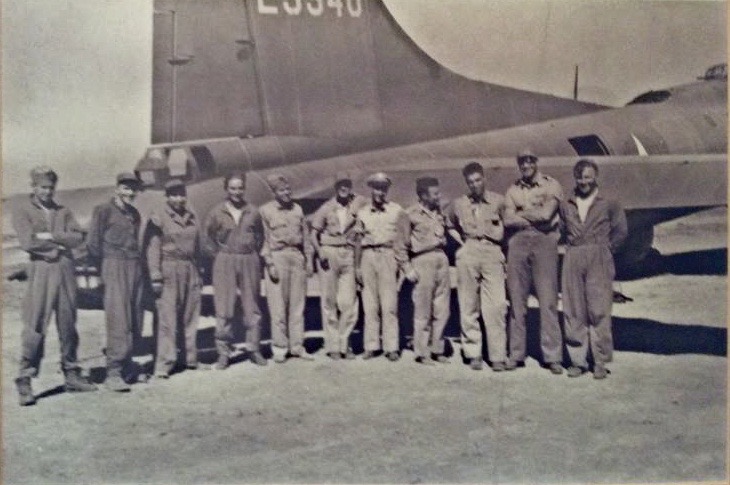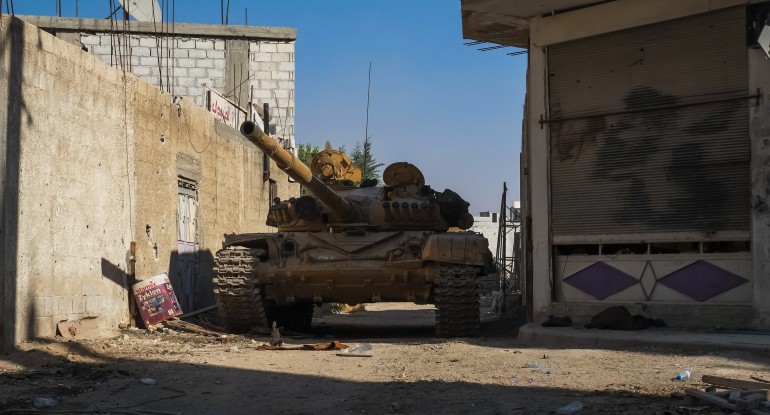
November 11 is the 100th anniversary of the end of World War I. When I was a child, it was Armistice Day. In Britain, it is still Remembrance Day when people who respect history buy and wear paper poppies.
The story of the poppies is told here.
In the spring of 1915, shortly after losing a friend in Ypres, Canadian doctor Lieutenant Colonel John McCrae was inspired by the sight of poppies growing in battle-scarred fields to write the now famous poem In Flanders Fields.
His poem moved American teacher Moina Michael who began making and selling silk poppies to friends to raise money for the ex-service community.
Before long, poppies made their way to the UK and became the symbol of the Royal British Legion when it was formed in 1921.
The first ever ‘Poppy Appeal’ in the UK that year raised over £106,000 for war veterans. The following year, a poppy factory was set up by Major George Howson MC, giving jobs to disabled former servicemen.
The bright red poppy is regarded as a resilient flower which managed to flourish despite fields being destroyed by war.
Some people say you should wear the poppy on your left side, so it is worn over the heart. The left is also where military medals are worn. Others say only the Queen and Royal Family are allowed to wear a poppy on the right, which is an urban myth.
About ten years ago, my daughter Claire and I were visiting London and a friend, a retired Royal Army Medical Corps doctor, invited us to sit in Westminster Abbey with the RAMC on Remembrance Day. The group sits in front of the RAMC window that commemorates the medical branch of the British Army. The medical corps is “Royal” but the Army is of Parliament, so not “royal.”
In the north aisle of the nave of Westminster Abbey is a memorial tablet and stained glass window for those who died serving in the Royal Army Medical Corps in the 1914-1918 and 1939-1945 wars. The larger white marble tablet was unveiled on 13th July 1922 by the Duke of Connaught, Colonel in Chief of the Corps. It was designed by F.J. Wilcoxson. The inscription reads, below the regimental badge:ROYAL ARMY MEDICAL CORPS
In memory of 743 Officers and 6130 Warrant Officers, Non-Commissioned Officers and Men who fell in the Great War, and whose names are enrolled in a Golden Book placed in the Chapter House. “They loved not their lives unto the death”
World War I changed Europe and we live with its consequences today. Unfortunately, the study of history has lapsed largely, and is distorted by academics and politics.
In years since that visit, I have spent some time in the scenes of World War I, such as Ypres, a scene of a prolonged and expensive battle of the war. There were several battles of Ypres.
The first ended the German assault through Belgium and ended with the beginning of trench warfare that continued to the end of the war. On our visit in 2015, we saw some of the original trenches, which were preserved by a family that returned after the war to find their farm a battlefield. They elected to preserve the scene as a museum since farming would be difficult with all the residue of battle and the bodies of the dead. There children have continued the museum and it is quite an interesting visit.
There are a number of museums in the area. This is the one we visited.
After the First World War a farmer returned to reclaim his land in and around what was left of the wood he had left in 1914. A section of the original wood and the trenches in it were cleared of debris and casualties but generally the farmer left a section of a British trench system as he found it.
This site is now one of the few places on the Ypres Salient battlefields where an original trench layout can be seen in some semblance of what it might have looked like. Elsewhere the trenches were filled in and ploughed over by returning farmers leaving only the occasional chalky outline of what had once been there.
In the last decade there has been a large increase in visitors to the Ypres Salient, and many have, of course, included a visit to the trenches at Sanctuary Wood. In the 1990s the trenches were covered in grass and the whole site was overgrown with undergrowth. Interestingly, nowadays the ground around the trench line has been visited by so many pairs of feet that it is mostly bald with no grass or undergrowth. The photograph on the far right shows how the trenches looked just a few years ago.

The changes with increased foot traffic are seen in the two photos. The left photo is the way we saw it.








